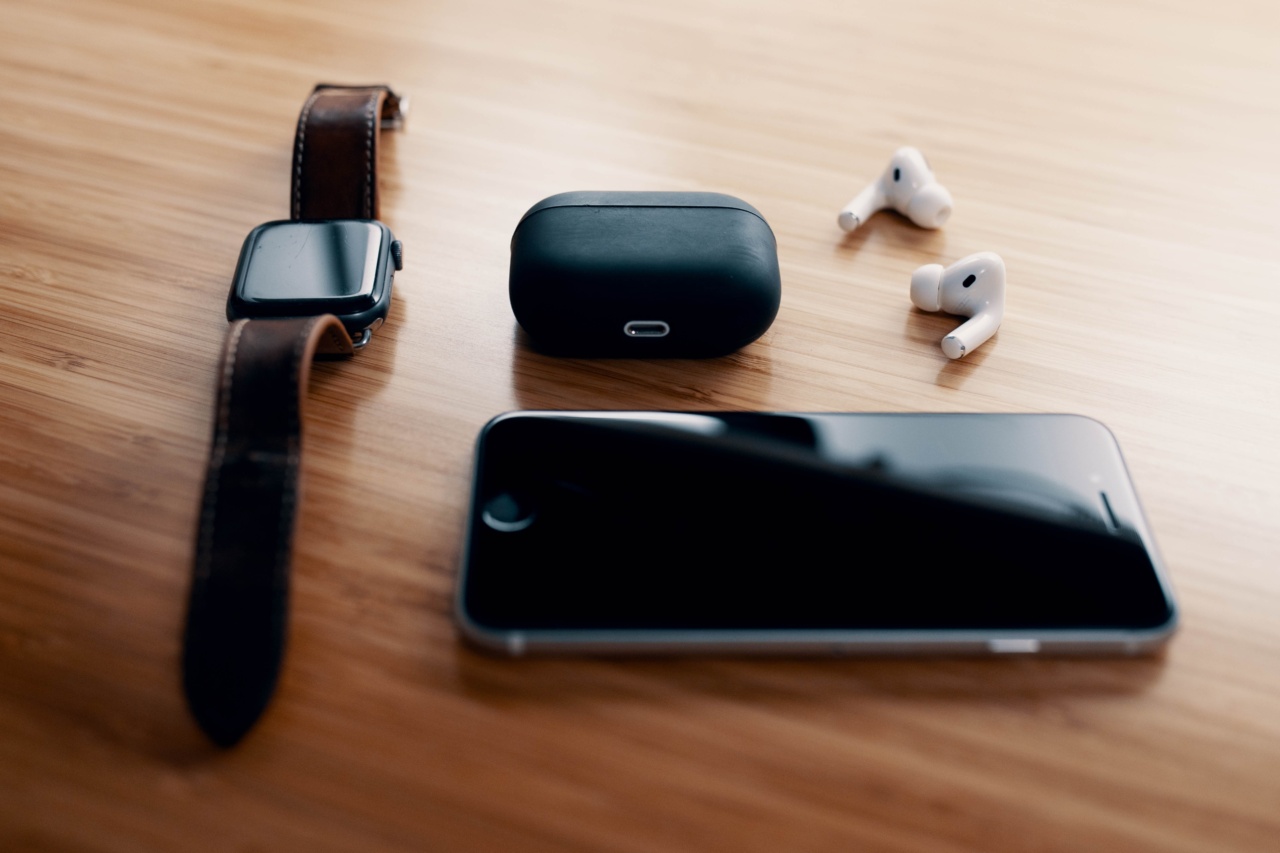The human digestive system is a complex network of organs and tissues that work together to process food and extract nutrients.
For centuries, we have relied on our gut instincts to guide us in making decisions, but now, with advancements in technology, we can actually listen to our guts and gain insight into their well-being.
Thanks to new innovations in biosensor technology, researchers and healthcare professionals can now monitor the health of our gastrointestinal tract in real-time.
This breakthrough opens up a world of possibilities for diagnosing and treating digestive disorders, as well as improving our overall gut health.
How Biosensor Technology Works
Biosensor technology utilizes miniature electronic devices that can be ingested or implanted in the body to collect and transmit data.
These devices are designed to interact with our bodily systems and provide real-time information about various physiological processes.
In the context of gut health, biosensors can be used to detect and analyze a wide range of factors, including pH levels, temperature, enzyme activity, and gas concentrations.
By monitoring these parameters, researchers can gain valuable insights into the functioning of the digestive system and identify potential issues before they become serious problems.
The Benefits of Monitoring Gut Health
Keeping our gut healthy is crucial not only for proper digestion but also for our overall well-being.
Research has shown that an unhealthy gut can contribute to a variety of health issues, including gastrointestinal disorders, obesity, mental health conditions, and even autoimmune diseases.
By using biosensors to monitor gut health, healthcare professionals can:.
Early Detection of Digestive Disorders
One of the main advantages of biosensor technology in gut health monitoring is the ability to detect digestive disorders at an early stage.
Biosensors can identify changes in key biomarkers, such as pH levels or enzyme activity, which may indicate the presence of a digestive disorder.
By catching these issues early on, healthcare professionals can intervene and provide appropriate treatments to prevent the condition from progressing. This can lead to better outcomes for patients and potentially save lives.
Personalized Nutrition and Dietary Recommendations
Every individual has a unique gut microbiome, which refers to the community of microorganisms that live in our digestive tract.
These microorganisms play a crucial role in our overall health and can influence our digestion, metabolism, and immune system.
With biosensor technology, healthcare professionals can gain a better understanding of an individual’s gut microbiome and provide personalized nutrition recommendations.
By analyzing the data collected from biosensors, professionals can determine which foods are beneficial or detrimental to a person’s gut health, leading to more effective dietary interventions.
Improving Gut-Brain Communication
The gut-brain axis is a bidirectional communication system that connects the digestive system with the brain. This connection allows the gut to relay information to the brain, influencing our mood, emotions, and cognitive functions.
Biosensors that monitor gut health can help uncover how different stimuli, such as food or stress, affect the gut-brain axis.
This knowledge can pave the way for interventions that improve gut-brain communication, potentially leading to better mental health outcomes.
Monitoring Medication Effectiveness
For individuals with digestive disorders, medications are often prescribed to manage symptoms or treat the underlying condition. However, not all medications work equally effectively for everyone.
By using biosensors to monitor gut health in tandem with medication intake, healthcare professionals can assess the effectiveness of a particular treatment.
If a medication is not producing the desired results or causing adverse effects, the data collected by biosensors can help determine the need for adjustments in dosage or alternative treatment options.
The Future of Gut Health Monitoring
Biosensor technology is still relatively new, and ongoing research and advancements continue to shape its future possibilities.
Although there are some hurdles to overcome, such as the development of biocompatible materials and improving battery life, the potential benefits of gut health monitoring are promising.
In the future, we may see biosensors becoming smaller, more discreet, and capable of monitoring an even wider range of parameters.
This could potentially revolutionize the way we approach gut health and lead to improved diagnosis, personalized treatments, and preventative care.
Conclusion
Listening to your gut is no longer just a figure of speech. With the help of biosensor technology, we can now gain valuable insights into the health and well-being of our digestive system.
Monitoring gut health in real-time has the potential to revolutionize the way we understand and treat digestive disorders, as well as optimize our overall gut health. As this field continues to advance, we can look forward to a future where biosensors become an integral part of healthcare and help us prioritize the well-being of our gut.































